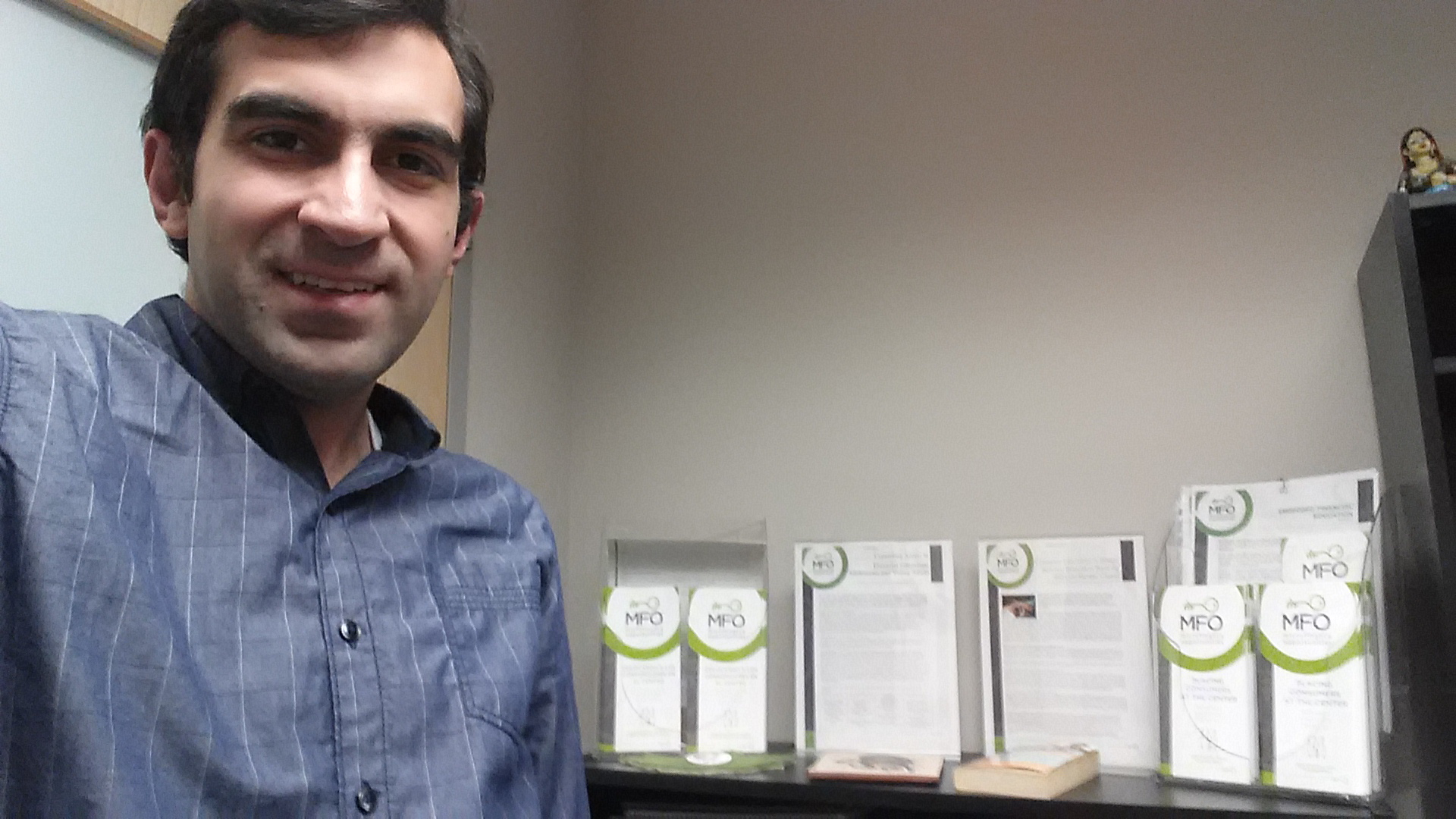James Sinkovic is a 2017 Master or Arts in International Relations (MAIR) graduate of the Maxwell School.
When I first learned about Room to Read through a group project in Professor Lux’s class – Managing NGOs in Developing Countries – I never thought I would be interning with them this summer. While I was interested in gaining and practicing data analysis skills, I didn’t think that it would be in an organization close to where I grew up and in a field that I am passionate about; international education.
Room to Read is an international education NGO focused on helping children gain a habit of reading through literacy training and helping girls complete a secondary education throughout Asia and Africa. I have spent the summer working in their San Francisco, CA office on the Research, Monitoring, & Evaluation team analyzing reading assessment data. Their emphasis on data-driven decision making has made this a rewarding opportunity. Projects have included research on the EGRA assessment tool, early grade dropout, and the relationship between fluency and comprehension; analysis on reading assessment data and tablet use in the data collection process; and report drafting and editing.

While I learned an array of skills at Maxwell, this internship has enabled me to practice specific skills such as data analysis and visualization skills – as well as research skills – in a fun and cutting edge environment. In addition to the skill-building projects, I have been able to take time with several of the departments at Room to Read giving a rich and full exposure to NGO work life. The wide variety of projects and experience have really helped me to understand the type of work I would like to do and have further kindled my passion to empower others through education.
Without knowing it at the time I applied for the internship, this experience has been everything that I could hope for; great experience, great people, and an amazing organization.

